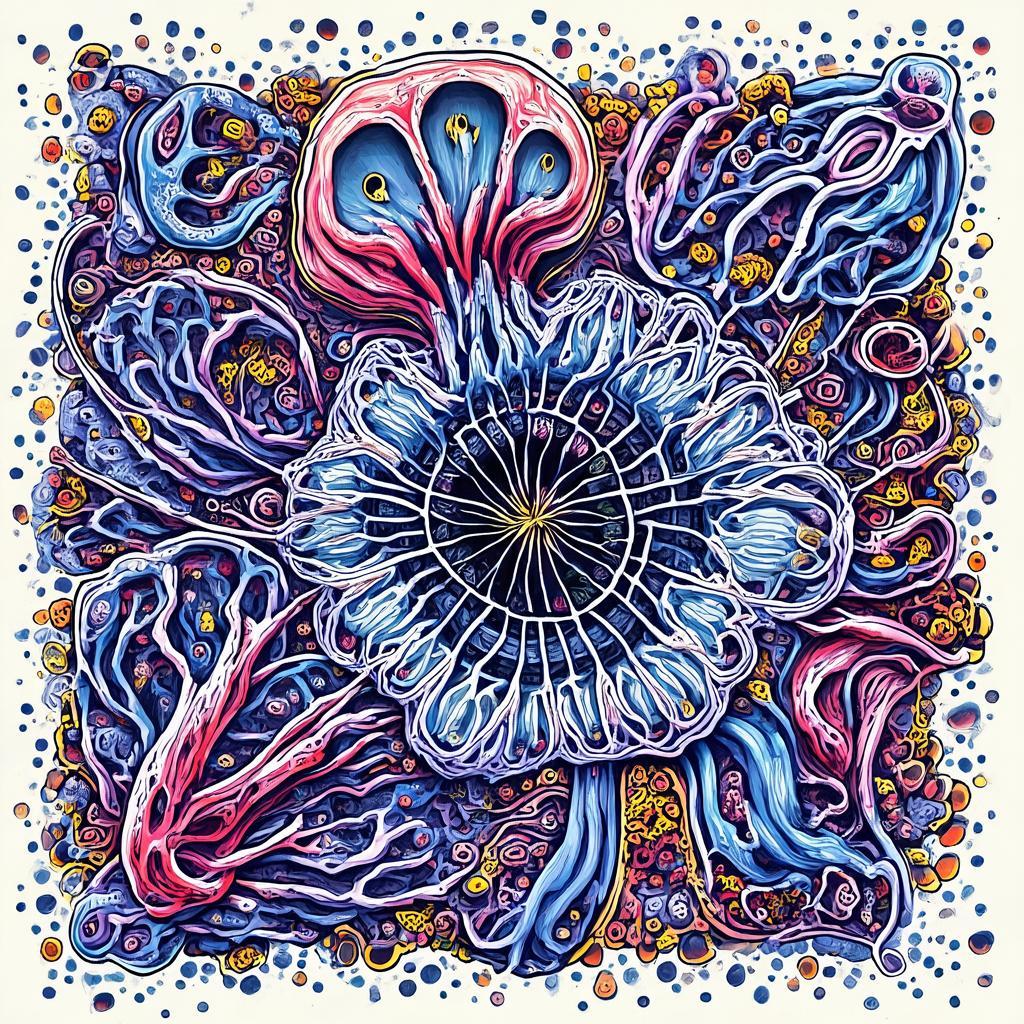Genetic Influences on Sleep Patterns

Recent discoveries about sleep patterns can not only redefine our understanding of basic human biology but may also alter societal norms around rest and productivity. Traditionally, the mantra of ‘eight hours of sleep’ has been drilled into our collective consciousness; however, scientists are now exploring the fascinating exceptions to this rule, revealing that some individuals can thrive on significantly less sleep—thanks to unique genetic factors.
The concept of 'natural short sleepers' refers to those who require only 3-6 hours of sleep each night yet remain fully functional and energetic. This phenomenon is attributed to genetic mutations affecting the body’s circadian rhythm, which is essentially a biological clock regulated by the suprachiasmatic nucleus (SCN) in the brain. These discoveries stem from research conducted by a team at the University of California, San Francisco, which unveiled a rare mutation linked to the sleep requirements of certain individuals. New insights have revealed that specific genes—such as the SIK3 gene—play a pivotal role in determining how much sleep one needs. For instance, when this gene was altered in mice, their sleep decreased by approximately 31 minutes, shedding light on potential mechanisms behind why some people can operate on less sleep.
Such findings could usher in a new era of personalized healthcare, where individuals may receive tailored advice or treatments based on their genetic dispositions for sleep. Imagine a future where targeted medications could adjust gene expression to alleviate insomnia or excessive daytime sleepiness. Nevertheless, the complexity of sleep regulation highlights that it's not merely about having a specific gene; how and when these genes are expressed in relation to environmental factors—such as stress and lifestyle—also plays a crucial role.
In conclusion, while genetics undoubtedly influence sleep needs, there exists a rich tapestry of environmental interactions that shape these variations. As research delves deeper into the genetic underpinnings of sleep, we are left to ponder: Could a deeper understanding of our biological clocks lead to not only better sleep hygiene but also improved overall well-being?
Read These Next

Revolutionizing Regenerative Medicine with Planarian Worms
This commentary critically examines the promising research on planarian flatworms and its implications for regenerative medicine. The experiment conducted in space could lead to breakthroughs in healing injuries and possibly aging.

Frugal Innovation: Changing Lives with Local Materials
This article explores the concept of frugal innovation through examples of Indian start-ups creating affordable and sustainable products using local materials, highlighting their societal impact and contribution to economic growth.

BYD Unveils Latest Electric Vehicle Innovations in 2023
Li Yunfei of BYD addressed industry disputes, affirming compliance with regulations and highlighting NEV development challenges.
